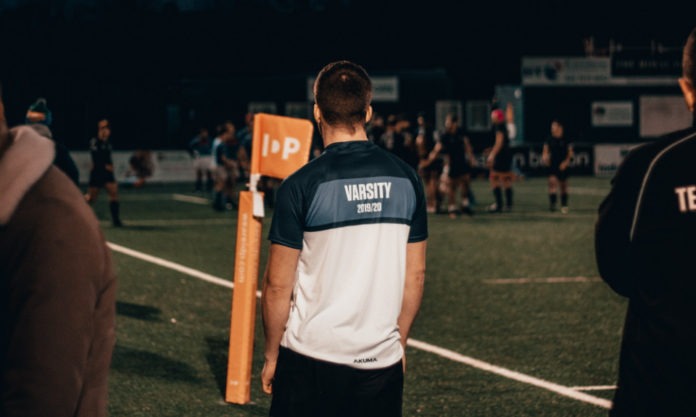The College Admissions Bribery Scandal of 2019, known as the Operation Varsity Blues Scandal, involved celebrities using their financial power of over US$25 million over 8 years to hire SAT takers to fake SAT scores, bribe coaches and college officials, and fabricate athletic credentials through Photoshopping athlete photos.
All of this, only to get into prestigious universities such as Georgetown, Stanford, UCLA, UCSD, and Yale University.
While this is unacceptable, which resulted in them being fined US$95,000 and sentenced to 15 months in prison, where is the line between marketing and integrity?
From seeing advertisements on studying abroad and from watching YouTube videos with college-application tips, as well as reading WeChat articles about college admissions and how students may be admitted to élite colleges, we learn that élitism, classism and élite-college admissions have created economic business opportunities for tutors and counseling services. While YouTube and WeChat articles are free and widely accessible for everyone, there are uncountable out-of-school university counseling service companies in China, comprising élite-university graduates as mentors guiding students on how to write college essays and package themselves to be the universities’ best-fit.
They cost around ¥40,000 annually. Is it worth it?
According to the Global Times, international students studying abroad could find the experience very stressful, begging the question is not the point of college admissions to help students know whether the college suits them, whether they would thrive, make connections, and live healthily?
Nevertheless and unfortunately, some parents may still force their son or daughter to study abroad even though they may not be ready coming directly from local schools.
This is possibly their choice because they thought studying abroad is the only way to make their family wealthy as they dreamed.
But the fact remains that the side effects of such are cultural shock, academic pressure, communication difficulties, language barriers and cultural differences, which have resulted in insomnia and depression, and several cases of international-student suicide.
In fact, from 1996 to 2001, the suicide rate of Asian-American students at Cornell University was 61 percent, and in the Massachusetts Institute of Technology (MIT) it was four times the US national average. Around the year 2016, there were three suicides by Chinese international students in the US, including at The University of Chicago and Johns Hopkins University.
Conversely, the US-China Trade War and the COVID pandemic have helped numerous international students realise that applying to the top universities abroad may now not be the best fit, financially and socially.
Thanks to interviews by Vice News with college admission officers, more people now understand that the majority of admitted students are legacy students or those with a background of strong support, such as parents with connections to the university board, as well as parents who are famous world leaders and entrepreneurs, and those who donate buildings and money.
It might therefore be beneficial to consider carefully spending tens of thousands on counseling services when most applicants are from advantaged or affluent backgrounds.
Moreover, what is the point of forcing students to study abroad when they have grown up in their native country their whole life? Again, college applications are for students to authentically show their values; how they see themselves fit in the college environment, how they would make a positive difference, who they are. If students are honest in their college application without excessive marketing but get rejected, they know that they are not a good fit, even though they may be an excellent student.
Is it better to be admitted and then struggle with the risk of suicide, or not be admitted to a prestigious university (dream school), but instead maximise their learning and achieve successful results in a college of best-fit?
China’s education is now better than ever, with the top five universities ranked in the top 100 world rankings; Tsinghua University, Peking University, Fudan University, Zhejiang University and Shanghai Jiao Tong University. Simply put, they are better and cheaper than most universities abroad. Therefore, parents would do well to perhaps focus their child on studying in the top programs nearest to them, instead of having the pressure of them going abroad after listening and reading brain-washing media articles or conversing with other like-minded parents, without comparing the benefits and disadvantages.
Which program is best for you and your family? What is a better education? Are you staying true to yourself? Asking these questions would guarantee the discovery of the universities of best-fit, hopefully without spending a ton.









